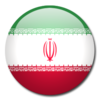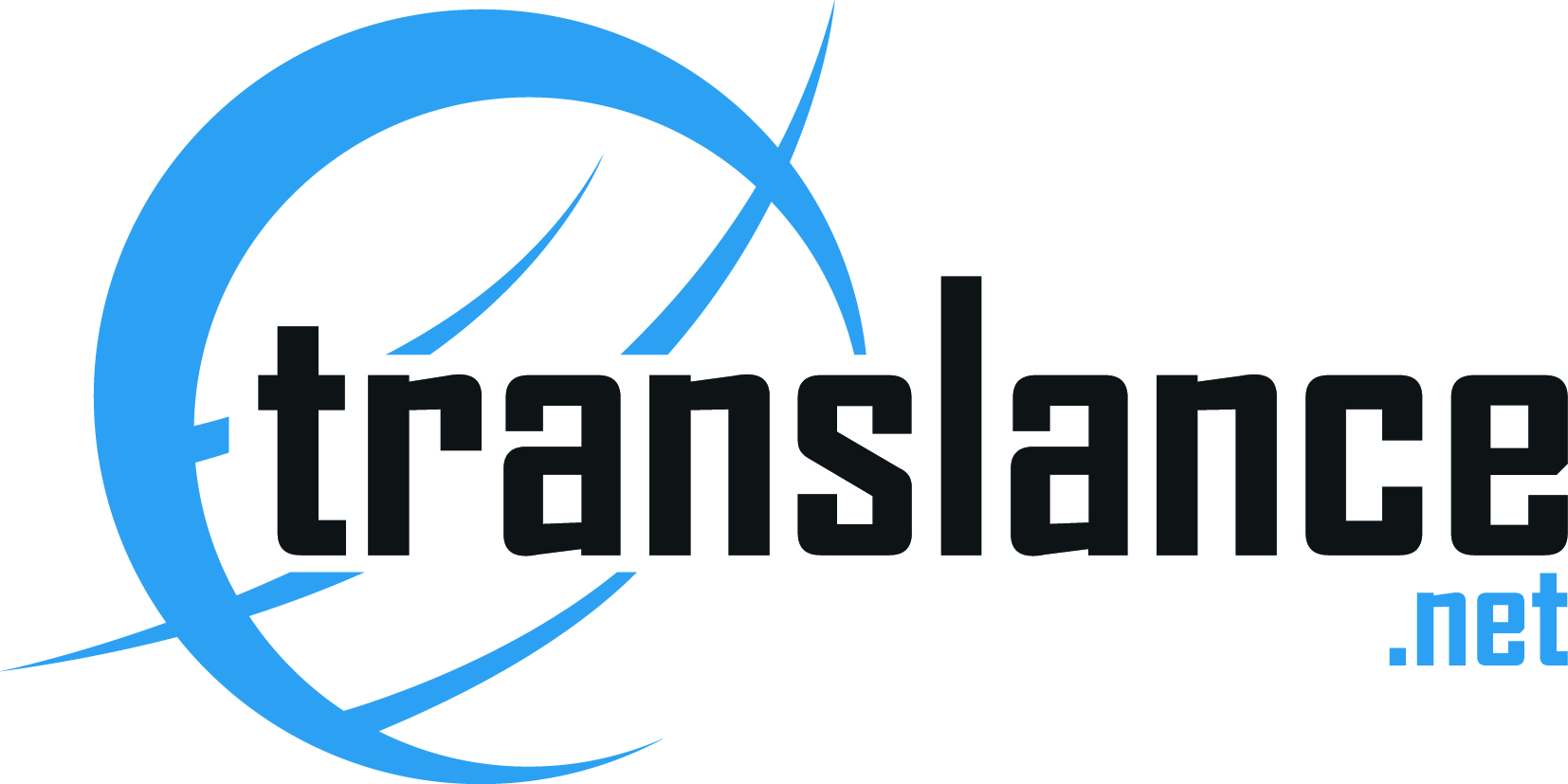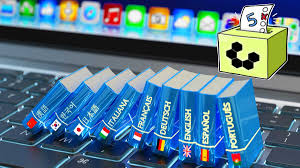When you need to translate one language to another, either just to communicate or because you're trying to read something, you have tons of options—they're just not all that great at capturing what the original language really meant without sounding silly. This week we're looking at five of the best, based on your nominations.
Earlier in the week we asked you for your favorite language translation tools, and you responded with some solid picks. Here are your top five, in no particular order.
Most people are already familiar with Google Translate. It's fairly ubiquitous, works relatively well, is integrated with Google's other products, like Chrome's auto-translation feature in-browser, and multiple Android apps that hand off to the built-in Translate app for things like translating tweets or text on webpages or in emails. It supports dozens of languages, and takes the hassle out of figuring out which language you're reading thanks to its auto-detection. You can translate entire web pages or documents easily as well. It's not perfect, and it definitely falls down on complicated sentences and context, but it's still one of the best free, web-accessible, and mobile-accessible options available.
In the nomination thread, I explained that Google Translate was a huge boon to me on a recent trip overseas—I was able to download language packs for offline use so I didn't drain precious mobile data while I was out and about, and I didn't have to be connected to Wi-Fi to use the app. Plus, the audio component meant that I was able to listen to a native speaker (or a native-speaking algorithm) speak the phrases I translated aloud so I could parrot them back when necessary. A few of you noted that Google Translate often falls down on context and words that have multiple meanings depending on how they're used, and that's a fair criticism. You can read more in its nomination thread here.
Bing
Bing Translator, a Microsoft product, is the translation engine embedded into Windows Phone, and it also has the distinction of being the last major translation engine on the web with a free API, so developers rely on it often to power their in-app translation features (since Google makes developers pay for access.) It also supports dozens of languages, has auto-detection built-in, can translate web pages or uploaded documents, and the ability for users to vote translations up or down depending on their accuracy. It has spoken word features for some languages but not all, and it offers bookmarklets to use Bing Translator in any browser quickly at the click of a button. One place Bing Translate really stands out is the OCR and text-recognition features in its Windows Phone app—you can hold the app up to unfamiliar text, even if it's in different characters, and the app will translate it right there on the screen for you to read.
In its nomination thread, those of you who voted for it praised its Windows Phone app for easy translation, both highlighting the OCR features we just mentioned as well as the app's voice capabilities, so you can have a native speaker speak aloud what they want you to understand and have the app either speak or display what they said back to you in your own language. You can read more about it in its nomination thread here.
Linguee
Linguee is less of a translation service as it is a translation dictionary and search engine. While it won't translate documents or web pages for you, you can always type in words in languages you don't understand and see meanings, contextual translations, and other documents around the web where the word is properly used so you can get a feel for how it's used. It also doesn't offer the spoken word capabilities of other services, so it's probably not best used for quick words or phrases that you may encounter elsewhere, or things like tweets and Facebook posts made by your friends in other languages. It is, however, useful for people who have texts to muddle through and they're trying to translate them on their own, or people learning another language who need a little help with tricky words or phrases. If you need a quick, convenient translation tool, this isn't it—but if you're looking for a real dictionary or vocabulary tool that also gives you rich context, Linguee is more than robust. You can read more about the service on its about page.
Those of you who nominated Linguee pointed out the fact that it's a bit separate from the other tools in the list that aim to give you understanding without actually learning the language in question. Linguee is more of a tool for language learners, or someone doing real translation or research. Many of you also noted that Linguee and Google Translate compliment each other nicely, and can be used in conjunction with each other to not just get quick translations, but also provide more in-depth context and meaning for everything you do translate. Read more detail in its nomination thread.
WordLens
WordLens is the brainchild of the folks at Quest Visual, recently acquired by Google, so expect to see some of its features rolled into Google Translate any time now. WordLens made waves back in 2010 because its iPhone and Android apps were some of the first to offer real-time, camera-based translations—where you just hold your device up to an unfamiliar language, and have it re-rendered in your native language right in front of your eyes. When it was new, it was the first time anyone had seen anything like it, and the apps still work remarkably well. They're not perfect of course, but they can be useful for reading street signs, menus, and other printed documents that you need to muddle through. As a result of being acquired by Google, WordLens is now free, and anyone can download the apps for Android, for iOS, or even for Google Glass for free. It still only supports a few languages, but it's completely free, works well enough, and in a way works magic in front of your eyes.
Word Lens, The Real-Time Translation App, Is Now Free
Android/iOS: Word Lens, the app that can translate the words and language it sees in real time, is…
In its nomination thread, those of you who supported WordLens were quick to note that the app certainly doesn't work perfectly, but it's a great tool and a great step on the way to a universal text translator that anyone can use anywhere, anytime, just by holding up their device to something they need to read. Many of you also noted that WordLens works entirely offline, which also means you have to download the language packs you need before using it. Reader Saralinda, who nominated it, noted that it was helpful on a recent trip to Costa Rica, and real-world experience is always good to hear. Read more in its nomination thread here.
At the end of the day, automatic and machine translation tools and dictionaries all fall down when compared against a trained human translator who has spent years studying and truly understanding the languages you need to translate. No algorithm or programmed resource—at least not yet—has been able to appropriately capture context, meaning, tone, and even inflection the way a human being can communicate it if they know multiple languages. As long as languages are what they are—human methods for communication—it'll be very difficult to come up with a machine or automatic tool that'll translate it perfectly.
Many of you pointed this out in its nomination thread, and highlighted that some of you were professional translators and people shouldn't settle for anything else. Of course, not all of us have the privilege of hiring a professional translator or finding someone who knows both our native language and the one we're reading every time we connect with someone who lives overseas via email, or follow them on Twitter, or stumble on a webpage that we'd love to read but can't understand, so while a human translator is certainly "the best" translation tool, it's certainly not the most accessible to regular people. Plus, you want to make sure you don't get a translator like this guy. Of course, if you do see a need to translate languages often, you may just be better off learning the languages you want to understand, and we have plenty of great tools and tips to help you start down that road as well. In the interim, you can read the nomination thread here.
 English
English Persian
Persian

